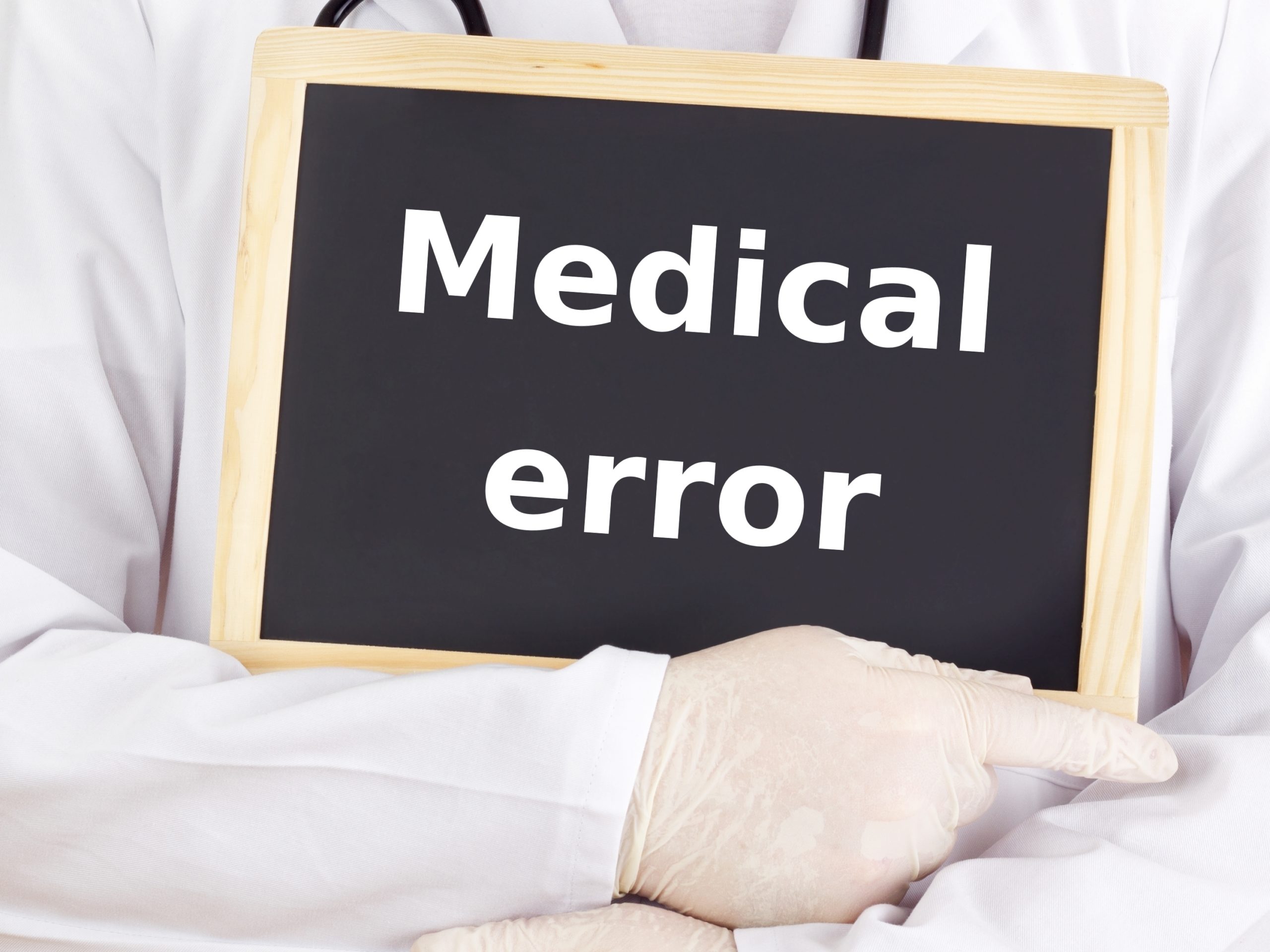
Federal Government Reduces Access to Data on Hospital Errors
A federal agency has stopped publicly disclosing a number of serious and life-threatening medical errors, according to a report from USA Today.
The Centers for Medicare and Medicaid Services used to list eight hospital-acquired conditions in its hospital comparison database; these hospital-acquired injuries and illnesses include leaving surgical instruments inside patients, air embolisms, giving a patient the wrong blood type, operating on the wrong patient, and more.
The data on eight deadly (and preventable) errors were removed from the hospital comparison database last summer, but the information was kept in a public spreadsheet available to patient advocates, researchers, and consumers. However, as of August 2014, the data is no longer available anywhere on the website.
According to the USA Today report, the Centers for Medicare and Medicaid Services still reports the rate of 13 conditions, including MRSA and sepsis, but has removed the rates of other hospital-acquired conditions from the available data.
Representatives for the Centers for Medicare and Medicaid Services maintain that the data has been dropped to make way for updated measures and enhanced quality standards—however, patient-safety advocates remain in the dark as to why the reporting measures were taken down.
These errors in medical care are often called “never events,” meaning the mistakes are preventable and should never occur in patient care. Researchers at Johns Hopkins found that over 4,000 surgical “never events” happen every year—and the true number could be much, much higher. The study estimated that a surgeon leaves a foreign object (such as a sponge or a towel) in a patient 39 times per week, performs the wrong procedure on a patient 20 times per week, and operates on the wrong patient 20 times per week. Patients between the ages of 40 and 49 are most likely to undergo a never event, and surgeons between the ages of 40 and 49 account for more than 33 percent of never events.
And unfortunately, there is still much to be learned about never events and safety in medical care. Many items left behind after surgery are not discovered right away; sometimes it takes until a patient experiences a complication down the road to discover something was left behind.
The Johns Hopkins study makes a clear argument for public reporting of never events and surgical mistakes. Study leader Marty Makary, an associate professor of surgery at the Johns Hopkins University School of Medicine, said better reporting systems are essential to improving patient care.
“He advocates public reporting of never events, an action that would give consumers the information to make more informed choices about where to undergo surgery, as well as ‘put hospitals under the gun to make things safer,’” the study stated.
According to its website, the Centers for Medicare and Medicaid Services “implements quality initiatives to assure quality health care for Medicare Beneficiaries through accountability and public disclosure.”

















